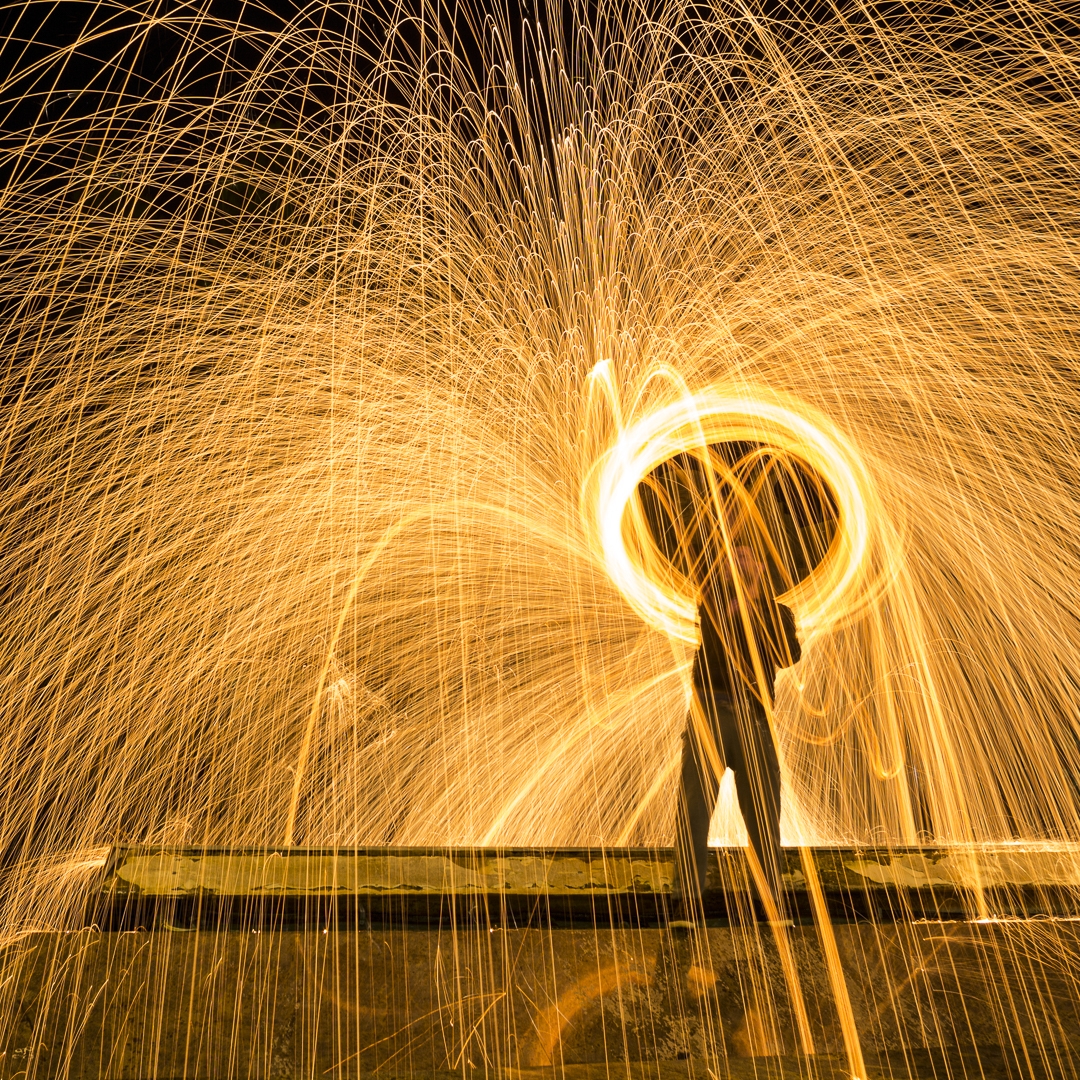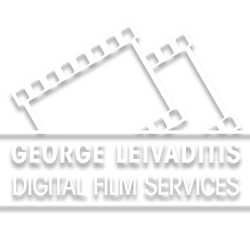Francis Ford Coppola: I think cinema, movies, and magic have always been closely associated. The very earliest people who made film were magicians.

Having worked as a professional magician for 8 years, as well as 8 years making media content for television, cinema and youtube, I think I’m in the perfect position to explain and contribute to this quote.
It’s not just the fact that magicians, no matter what you may thing about them, have a tremendous technical knowledge in a great variety of fields, they (or I should better say we) are the early adopters and thinkers on how this new technology can be used to the maximum of it’s effect.
So yes, Georges Melies was not just a pioneering magician, using film since 1888 to enhance his magic shows but he also did the opposite, he used magic, -special effects never seen before such as compositing, matting and video editing- combined with practical effects to bring magic to cinema.
But the closer association comes from the way these two arts are made. The unlimited tools, compared to other artforms, in the way the storytelling is done. Magic is the earliest form of audiovisual narrative. The magician with his secrets creates an atmosphere much more immersive and “real” than theater, creating a much bigger emotional response. In the same way, the filmmaker with his modern toolkit (advanced cameras, photorealistic graphics, compositing and video editing) is able to tell a story in a much more controlled way, much more interesting visually than theater by bringing each spectator closer to the action, expanding or shrinking time and eventually, manipulate, exactly as a magician, the spectator’s understanding of the world.
I propose some films so we can discuss the “magic effects” in the comments:
Georges Melies – A Trip to the Moon – 1902
David Fincher – Fight Club – 1999
Martin Scorsese – Shutter Island – 2010

